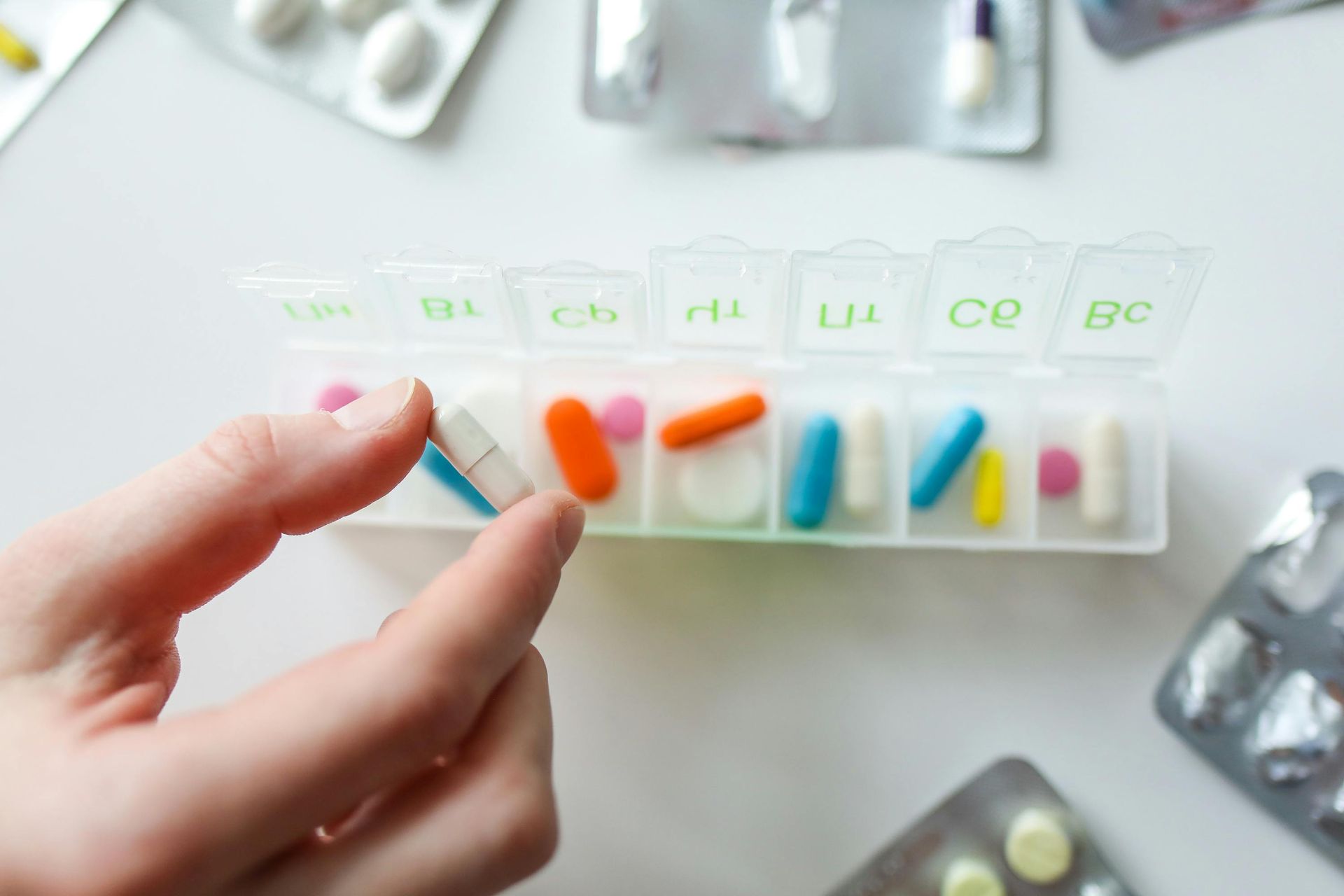How Common is Depression?

The Albany Clinic • August 4, 2022
Everyone gets sad and has bad days. Sometimes it’s because of a rough workday, a tough exam at school, or something else. But when sadness, problems eating or sleeping, or relationship troubles interfere with daily life, you could be suffering from depression. Managing symptoms is key to healthy living.
What is Depression?
Depression is a widespread and severe mental illness that negatively influences your feelings, your thoughts, and how you behave in private and public. Thankfully, a variety of treatments like psychotherapy or ketamine exist to curb its symptoms. Besides feelings of sadness, depression often means you’re no longer interested in pleasurable activities. Depression can result in a variety of emotional and bodily ailments and can reduce your capability to do things at work, home, or school.
What Causes Depression?
Depression isn’t like the discomfort from a paper cut. You don’t know what caused it or when it’ll go away. But research points to some possibilities:
- Faulty communication between neurotransmitters in the brain, affecting how we perceive pain and emotions. Ketamine may strengthen chemical messengers like glutamate, making it easier to control your depression symptoms.
- Genetics plays a role. If your biological parents or another blood relative experiences depression, there’s a greater chance you will, too.
How Common is Depression?
Depression Symptoms
Everyone reacts to depression differently, but many symptoms that one person experiences would be instantly recognizable to someone challenged by the same condition. Depression can harm your thoughts, emotions, and physical wellness. Depression symptoms to look for include:
- Feelings of sadness, hopelessness, or constant worry
- Things you enjoyed doing before don’t bring pleasure or happiness
- Irritation or frustration
- Significant changes in appetite
- Sleep problems
- Memory trouble and having a hard time concentrating
- Physical aches and pains, including headaches and gastrointestinal problems
- Thinking about harming or killing yourself. If you have suicidal thoughts, call for help
Depression by the Numbers
- “ Major depressive disorder affects approximately 17.3 million American adults, or about 7.1% of the U.S. population aged 18 and older, in a given year. (National Institute of Mental Health “Major Depression,” 2017)”
- According to the American Medical Association Journal, depression is more prevalent in women than in men.
- Depression also harms nearly two million children a year, ages 3 to 17, as reported by the U.S. Centers for Disease Control and Prevention in 2018.
- If you’re an adult with depression, you have a 64% greater chance of getting coronary artery disease.
- The World Health Organization estimated about 280 million people suffer from depression symptoms. The group also called it a leading source of disability and leads to about 800,000 suicides every year. Fortunately, many symptoms of depression, other mental illnesses, and chronic pain disorders respond positively to treatment with ketamine infusion therapy.
Kinds of Depression
Kinds of depression include:
- Major depressive disorder is characterized by intense or overpowering symptoms that persist for more than two weeks and interfere with your daily life.
- Bipolar disorder depression is when someone has alternating low moods and very high-energy episodes. You could have symptoms like sadness, hopelessness, or low energy when you’re down.
- Perinatal and postpartum depression can happen during pregnancy and for up to a year following childbirth. Typical symptoms include minimal sadness, fear, or stress.
- Persistent depressive disorder has less troublesome symptoms than major depression, but they can last for two years or more.
- Premenstrual dysphoric disorder is an extreme kind of premenstrual disorder affecting women in the days or weeks preceding their menstrual period.
- Seasonal affective disorder is a type of seasonal depression and normally begins in late fall and early winter and coincides with fewer daylight hours. It usually subsides by the spring or summer.
Diagnosis and Treatment
Getting diagnosed with depression requires a physical examination and a psychiatric assessment. The goal of the physical exam is to discover underlying problems which may cause symptoms. A psyche assessment roots out thoughts, feelings, and behavior, and any personal or family history of mental illness. Your doctor may also refer to diagnostic tools to help, including the DSM-5 , the Beck Depression Inventory , the EQ-5D, and several other tools or reference materials.
Once you’ve been diagnosed, you and your healthcare provider can talk about treatment options. You may be referred to psychotherapy, self-help, lifestyle changes, ketamine infusion , or nasal sprays.
Final Thoughts
Depression is a serious condition that affects millions of people around the world. For someone experiencing it, depression symptoms are debilitating and seriously harm their quality of life. If you’re feeling like low moods and other problems are ruining your life, innovative treatment options are available through your healthcare provider.
The post How Common is Depression? appeared first on The Albany Clinic.






